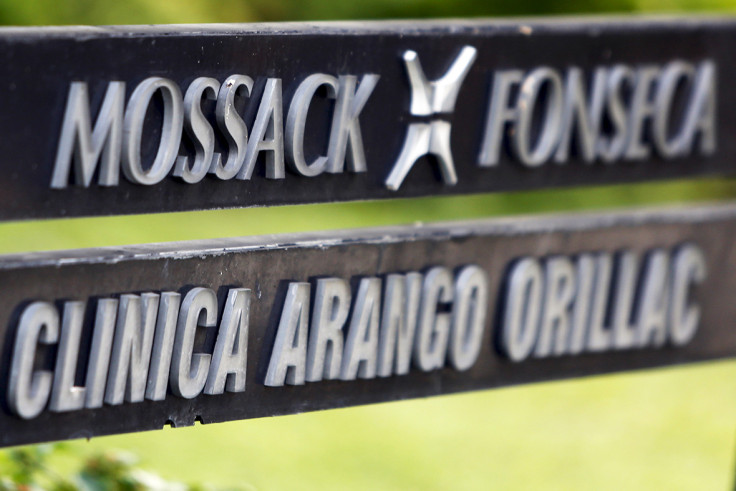Panama Papers: Mossack Fonseca had dealings with close aides of Kim Jong-un, Bashar al-Assad and Robert Mugabe

The explosive Mossack Fonseca leaks, billed as the Panama Papers, have revealed the law firm's role in rogue nations such as Zimbabwe, North Korea and Syria – all ruled by notorious dictators with a poor human rights record. The Panamanian law firm, which helps entities set up offshore companies, is thought to have assisted some close allies of the dictators of these three nations.
According to the secret documents, now leaked via massive whistle-blowing efforts, at least 33 companies or individuals blacklisted by the US government were clients of Mossack Fonseca. While one of the clients had close links to the North Korean nuclear programme, another was Syrian President Bashar al-Assad's cousin.
The leaks are part of an unprecedented exposé of confidential data that lift the lid off murky financial operations of shell companies, which function by concealing the identities of clients. The 2.6 terabyte of data yielded up to 11.5 million documents from around 214,000 offshore entities. The probe was led by the International Consortium of Investigative Journalists (ICIJ) with the help of more than 100 media groups and German daily Süeddeutsche Zeitung.
The ICIJ report shows Rami Makhlouf, a cousin of embattled Syrian President Assad, had been the Panamanian legal firm's client even after he was sanctioned by the US Treasury Department in 2008. Washington flagged Makhlouf as a "regime insider" at that time but Mossack Fonseca went on to operate with him despite the warning. He was dropped from Mossack Fonseca's list of clientele only in 2010 after a stiff resistance.
Similarly, the leaks reveal that Zimbabwean businessman John Brendenkamp – described as a "crony" for Africa's longest serving dictator Robert Mugabe – had worked with Mossack Fonseca for more than a decade. Their ties ended in 2009 following a revamp in the internal workings of the law firm to boost their vigilance on working with sanctioned parties.
In relation to North Korea, the leaked files show Mossack Fonseca incorporated a Pyongyang front company named DCB Finance in 2006. The owners of DCB Finance, which helped to funnel funds for North Korea's ambitious nuclear programme, were found to be British banker Nigel Cowie, who lived in the hermit kingdom for more than two decades, and a North Korean official named Kim Chol Sam.
Although North Korea was a clear high-risk destination, it appears Mossack Fonseca failed to run necessary checks. The operations between Mossack Fonseca and DCB Financed ended in 2010.
In their defence, a spokesperson for the Panamanian law firm told the ICIJ that Mossack Fonseca "never knowingly allowed the use of our companies by individuals having any relationship with North Korea, Zimbabwe, Syria and other countries" that have been blacklisted.
© Copyright IBTimes 2025. All rights reserved.






















